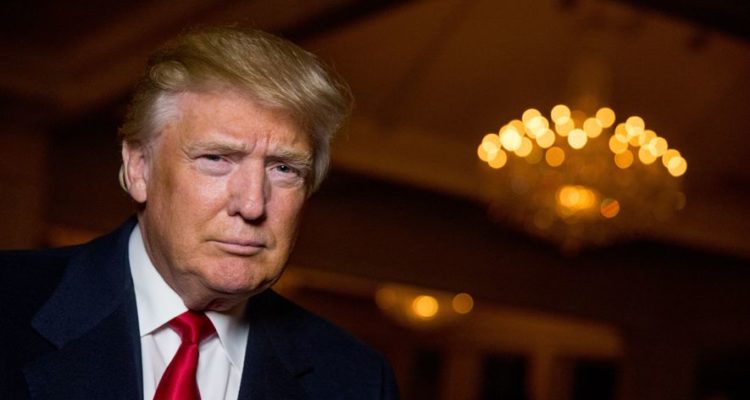Egypt postponed a vote on an anti-Israel UN resolution it had sponsored shortly after US President-elect Donald Trump called for a veto of the measure, which would have condemned Israeli building in Judea and Samaria.
US President-elect Donald J. Trump has implicitly called for outgoing US President Barack Obama to veto a UN Security Council resolution scheduled for Thursday afternoon, which would have condemned Israeli construction in all areas gained by the Jewish state during the Six-Day War in 1967, when it was threatened with extinction by the surrounding Arab countries.
“The resolution being considered at the United Nations Security Council regarding Israel should be vetoed,” Trump wrote on his Facebook page. “This puts Israel in a very poor negotiating position and is extremely unfair to all Israelis.”
“As the United States has long maintained, peace between the Israelis and the Palestinians will only come through direct negotiations between the parties, and not through the imposition of terms by the United Nations,” Trump added.
Shortly after Trump’s call for an American veto, Egypt, which sponsored the measure, decided to postpone a vote on the resolution indefinitely. Gregg Carlstrom, a correspondent for The Times of London and The Economist, reported that the two events were connected:
“Diplomats in Tel Aviv speculating that Sisi didn’t cave because of Israel, but rather because he didn’t want to piss off incoming president,” reported Carlstrom on his official Twitter account.
The New York Times backed this claim, explaining that with “the unusual public split between incoming and outgoing presidents leaving America’s position in doubt, the resolution was pulled by its sponsor, Egypt.”
The Washington Examiner was more explicit, claiming, “Trump’s statement might have had the greatest influence on the Egyptian decision, beyond Netanyahu’s lobbying or other American statements.”
Trump’s position is in line with current US policy, as American presidents have long stressed their opposition to unilateral moves and resolutions vis-a-vis the Israeli-Palestinian conflict. In 2011, the Obama administration vetoed a UN Security Council resolution condemning all Jewish communities in Judea and Samaria as illegal.
“Unfortunately, this draft resolution risks hardening the positions of both sides,” explained then-US Ambassador to the UN Susan Rice. “It could encourage the parties to stay out of negotiations and, if and when they did resume, to return to the Security Council whenever they reach an impasse.”
Pundits have speculated that Obama might abandon this practice during the current lame-duck phase of his presidency, at least by abstaining rather than issuing a veto to anti-Israel resolutions.
By: Jonathan Benedek and Eli Stein, World Israel News





